A court ruling that recognized the copyright of an image generated via artificial intelligence, together with other recent cases involving AI, has highlighted the need to regulate the application of the fast-developing technology and triggered public discussion.
The ruling made by a Beijing court was included in the capital's annual judicial work report, which Kou Fang, president of the Beijing High People's Court, delivered to the Beijing People's Congress last week.
Kou said the landmark decision by the Beijing Internet Court in late November had set standards and market rules for new technologies.
In the first ruling of its kind in China, the court said the picture, generated by the text-to-image software Stable Diffusion, was an artwork under copyright protection because of the originality and intellectual input of its human creator.
Liu Bin, an intellectual property lawyer at the Beijing Zhongwen Law Firm, said that whether an image or a novel generated by AI can be copyrighted mainly depends on whether the content is filled with creativity or originality, which needs to be analyzed case by case.
The Beijing lawsuit was initiated in May last year by a man surnamed Li, who used the AI program to create a picture of a young Asian woman and posted it on Xiaohongshu, a popular Chinese social media platform.
Li turned to the internet court after he alleged that a blogger surnamed Liu used the image without his permission in a post on Baijiahao, a Chinese content-sharing platform owned by Baidu, claiming Liu had infringed on his copyright of the picture.
After hearing the case, the court ruled in favor of Li, identifying his AI-generated image was an artwork, and ordering Liu to make a public apology and pay 500 yuan ($70) to Li in compensation.
The judge who heard the case, Zhu Ge, said the ruling was made based on the way that Li had continuously added prompts and repeatedly adjusted the parameters to come up with a picture that reflected his aesthetic choice and personalized judgment.
"Assigning generative AI content a legal status under certain conditions in this case is aimed at encouraging people to innovate with the new technology, and promoting the development of this emerging industry," she said.
But Zhu also emphasized that future copyright disputes related to AI-generated content should be judged on a case-by-case basis.
Liu said that "with the rapid growth of AI, problems over its generated content are on the rise".
"However, because the existing laws don't have clear provisions in this regard, the identification of originality does require judges to spend much more time thinking and studying," he said. "Whether at home or abroad, the identification is a judicial challenge, and legal professionals need to step up efforts in related research and exploration."
Cui Guobin, a law professor at Tsinghua University, said the court's ruling provided a reasonable solution for copyright disputes about AI-generated content in a certain circumstance that had important reference value for future legal practice and academic research.
Hu Ling, an associate law professor at Peking University, said the ruling offered the plaintiff protection for the resources and efforts he expended in learning and using the new technology.
"In other words, by protecting the content generated by the AI software, the court encouraged more people to apply similar technologies in their work and lives, so that social innovation and market development can be further promoted," he said.
In addition to AI-related copyright disputes, some other controversies have emerged amid the wider use of the technology in recent years.
In December, the Beijing Internet Court began hearing the country's first case concerning the right to a voice generated by AI. It has to decide if an AI-powered imitation of a person's voice can be considered as the person's original voice, and if the technology used in the process infringes upon the person's right to that voice. The verdict will be announced later.
In a recent case in Zhejiang province, police detained a group of people after they were alleged to have made more than 40,000 yuan by using AI to produce about 20,000 fake videos to attract online views.
In the United States, fake online images of the pop singer Taylor Swift alarmed the White Houserecently as the fake sexually explicit images of Swift proliferated across social media last week, including one image shared on X, formerly Twitter, that was reportedly viewed 47 million times before the account was suspended.
White House press secretary Karine Jean-Pierre said on Friday that the image was "alarming" and showed that Congress should take legislative action on the issue.
Liu, the lawyer in Beijing, also urged the formulation of a specific law to regulate the application of AI technology, highlighting the importance of seeking a balance between technological development and rights protection.
Considering that legislation takes time, he suggested that courts strengthen mediation in AI-related case handling, adding that "internet platforms should also enhance their technical means to help users identify or reduce risks associated with the use of generative AI software at an early stage".









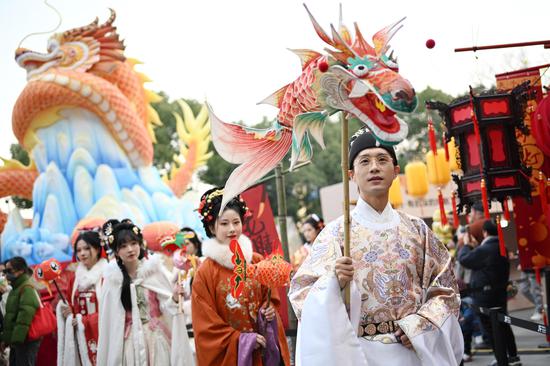
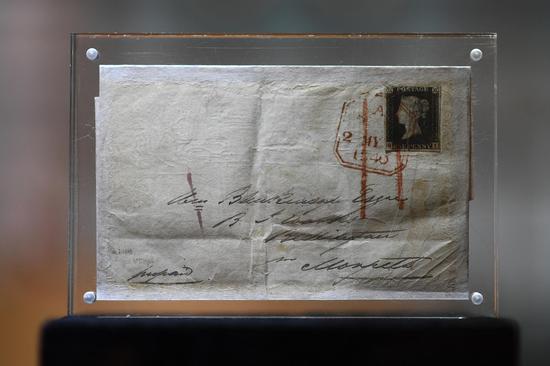
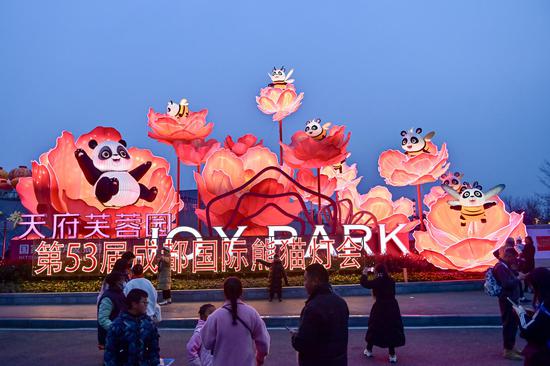

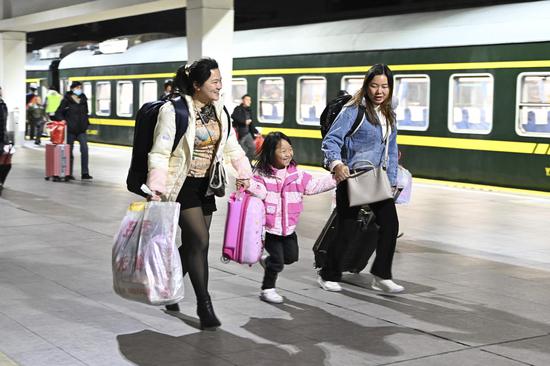
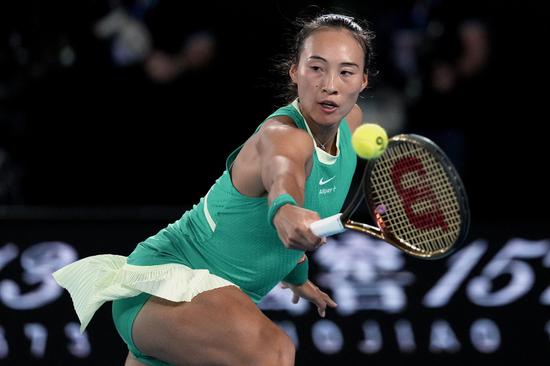
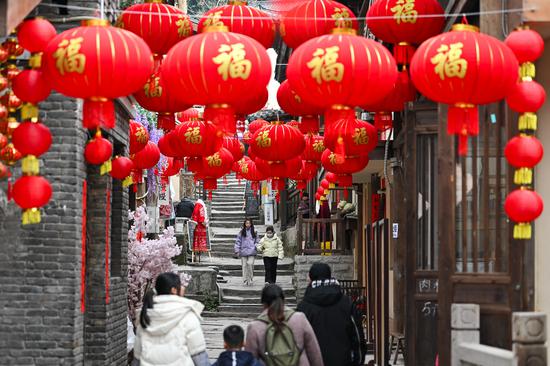


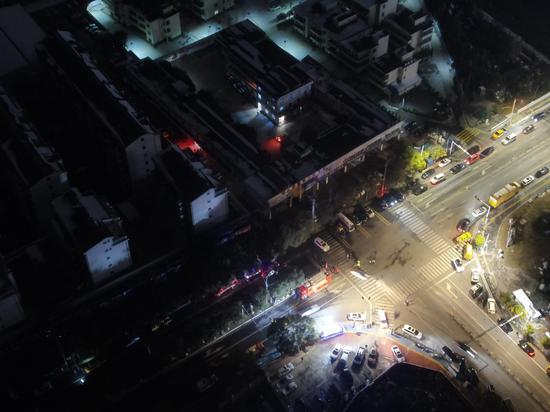
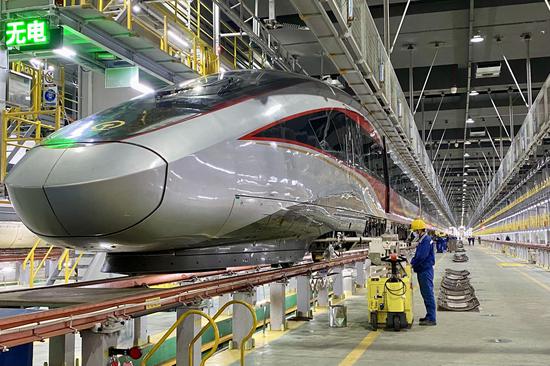


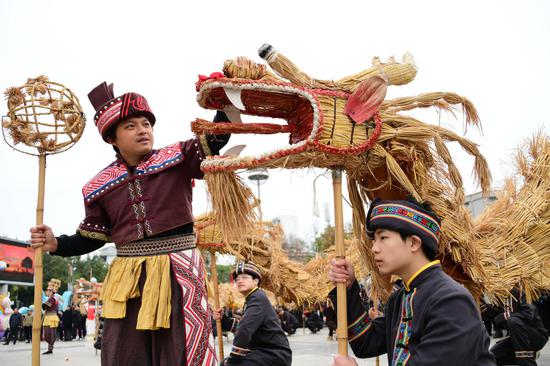


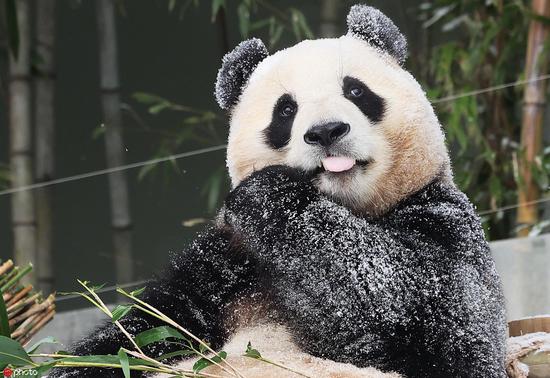
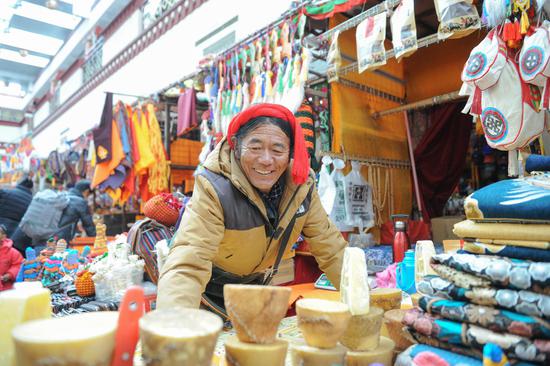
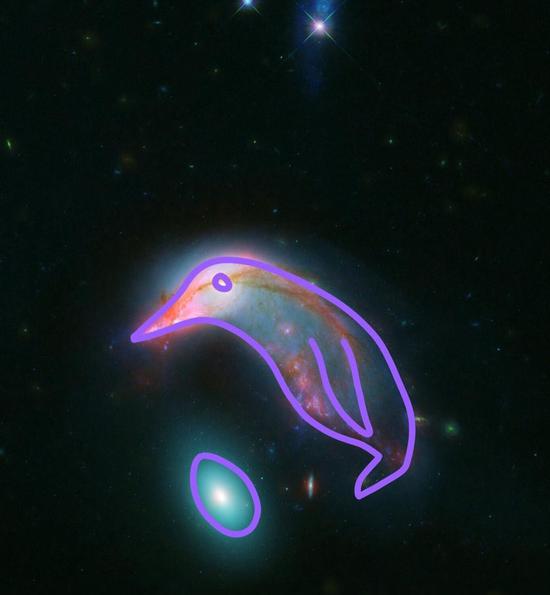
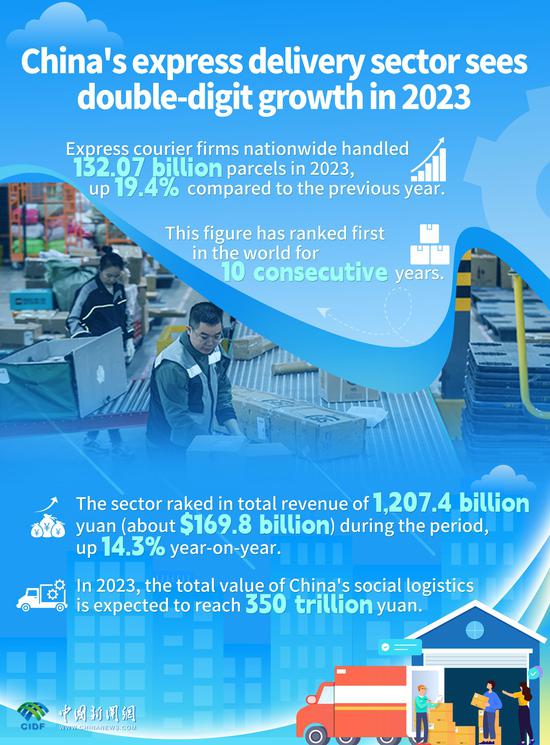
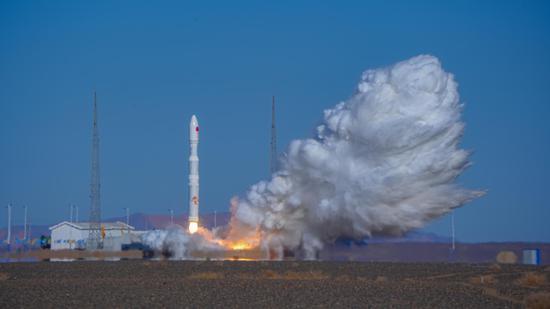
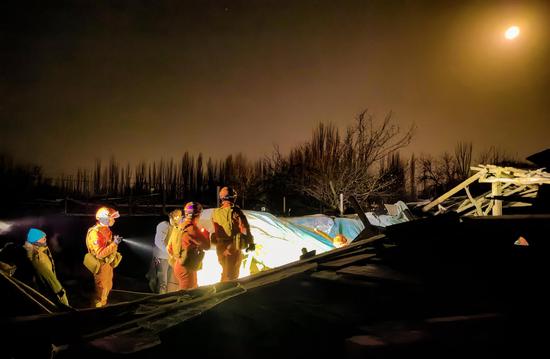

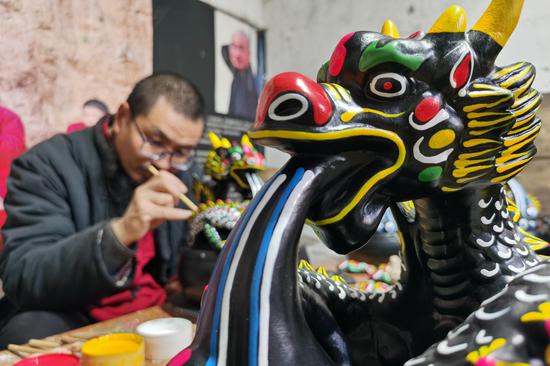

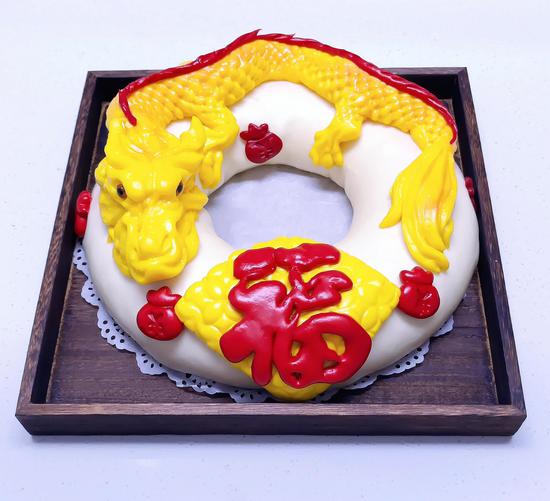
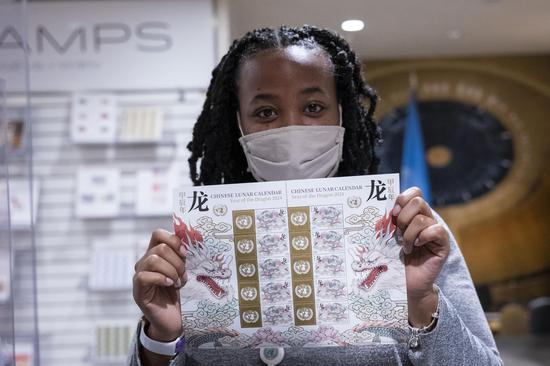



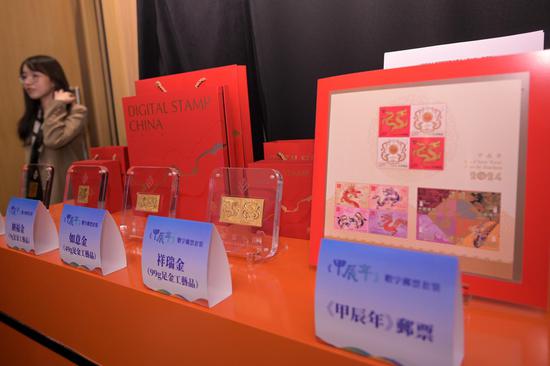
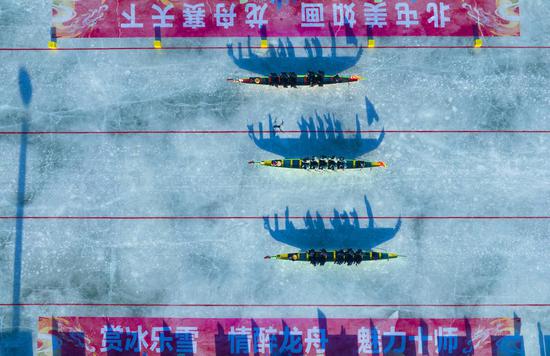
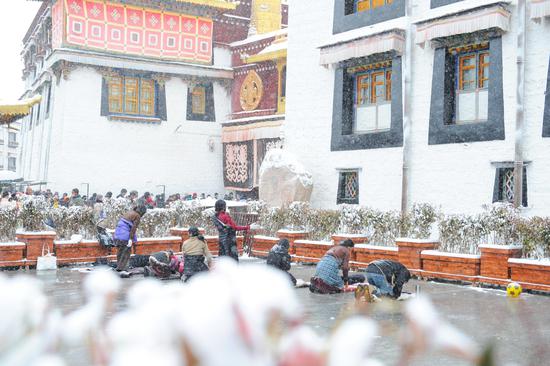

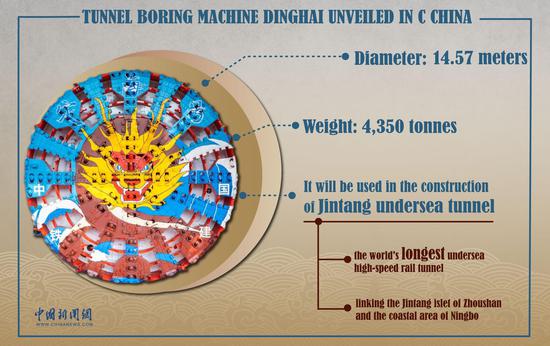
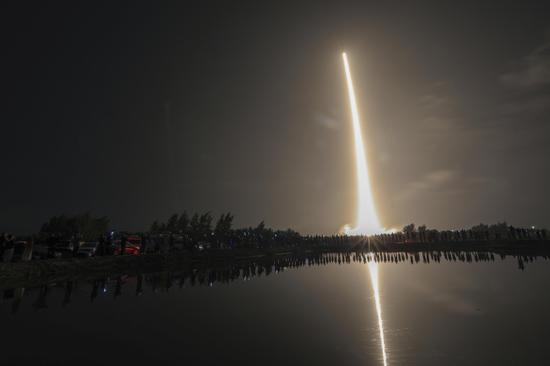





 京公网安备 11010202009201号
京公网安备 11010202009201号